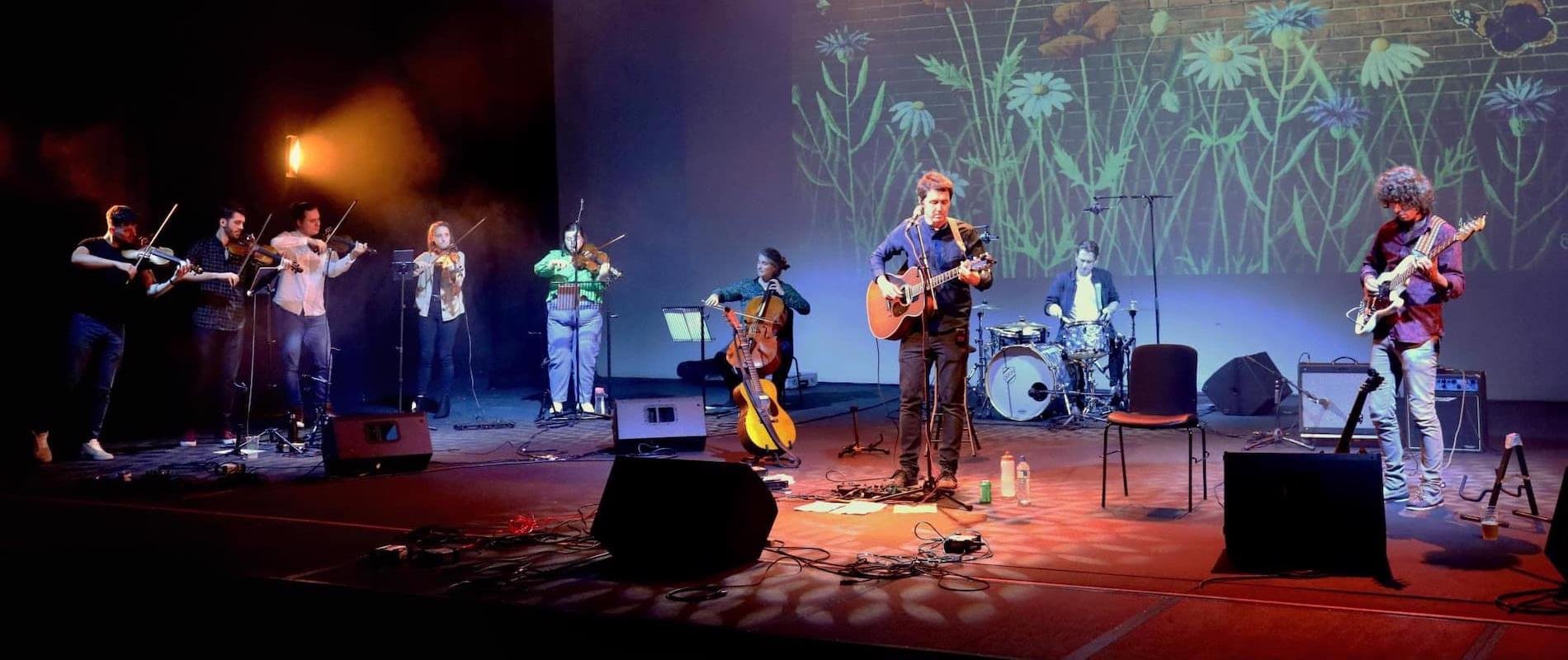MDX researchers find soundscape from neonatal intensive care units linked to parental stress
Sounds from neonatal intensive care units linked to parents’ ongoing stress and traumatic memories, finds study from Middlesex University.
A study published in peer reviewed MDPI Open Access Journal Children by Middlesex University researchers* has concluded that the sounds in neonatal intensive care units (NICUs) can cause stress and are associated with trauma in parents.
The research, the first of its kind, is being highlighted on World Prematurity Day to raise awareness of an issue that affects millions of babies and parents around the world. According to UK charity Bliss, 1 in 7 babies in the UK is born before term and a large proportion spends a significant period of time in NICUs**.
While there is considerable research on the effects of early care on preterm babies, there is limited literature about specific effects of the NICU soundscape and parents’ experiences. The Middlesex research team has sought to redress this and has utilised quantitative and qualitative research methods to investigate this area.
The researchers, led by Dr Fabia Franco, Senior Lecturer in Psychology at Middlesex University, developed a novel tool, the ‘Soundscape of NICU Questionnaire – SON-Q’ to investigate parents’ experience with soundscape in NICUs.
A total of 386 English-speaking parents of children born preterm completed the SON-Q and the Perinatal PTSC Questionnaire (PPQ - Callahan, Borja, & Hynan, 2006). Most (97%) of the respondents were female and the average age was 31.
The results concluded that NICU soundscape was linked to parental stress and traumatic memories. Parents described the constant ‘beeping’ as a symbol of ceaseless worry, of being ‘overwhelmed’ by noisy machines and not being able to be near their babies, distress at other babies crying or medical staff and/or other families talking loudly.
Our study should act as a springboard for further research to improve the soundscape created by life-saving medical equipment, in order to improve parents’ mental health as well as supporting early bonding and facilitating positive developmental outcomes for infants in need of intensive care.
Dr Fabia Franco, Middlesex University
The findings also revealed that music transformed parents’ experiences and helped drown out NICUs' cacophony. Music helped parents to feel at home and encouraged bonding with their babies. It also induced relaxation and comfort and influenced their infants’ development.
Commenting on the study, Dr Franco concluded:
Our research is an important indicator of the added stress caused by NICU soundscape to parents who are already experiencing a traumatic situation. Our study should act as a springboard for further research to improve the soundscape created by life-saving medical equipment, in order to improve parents’ mental health as well as supporting early bonding and facilitating positive developmental outcomes for infants in need of intensive care.
In order to counteract the negative impact of NICU soundscape, the authors argue that
parents should be encouraged to talk and sing to their babies and provide skin-to-skin care (kangaroo care) and that this should be facilitated by NICU staff.
The Middlesex research team, with colleagues in Switzerland (Dr Manuela Filippa, Geneva), Italy (Dr Mirco Fasolo, Chieti) and France (Professor Pierre Kuhn, Strasbourg) is hosting a Special Issue on the open access journal Children with a collection of papers dedicated to the soundscape of NICU and its influence on infant development and parents.
*Research team: Dr Fabia Franco, Senior Lecturer in Psychology at Middlesex University, Music Cognition and Communication Lab, Maria Chifa (MSc by Research Psychology student), Dr Gemma Reynolds (Psychology) and Dr Nina Politimou (UCL)
** babies born between 28 to 31 weeks gestation get to spend, on average, 44 days in NICU; Bliss, 2019
Source
https://www.mdx.ac.uk/news/2021/01/neonatal-intensive-care-units-parental-stress







